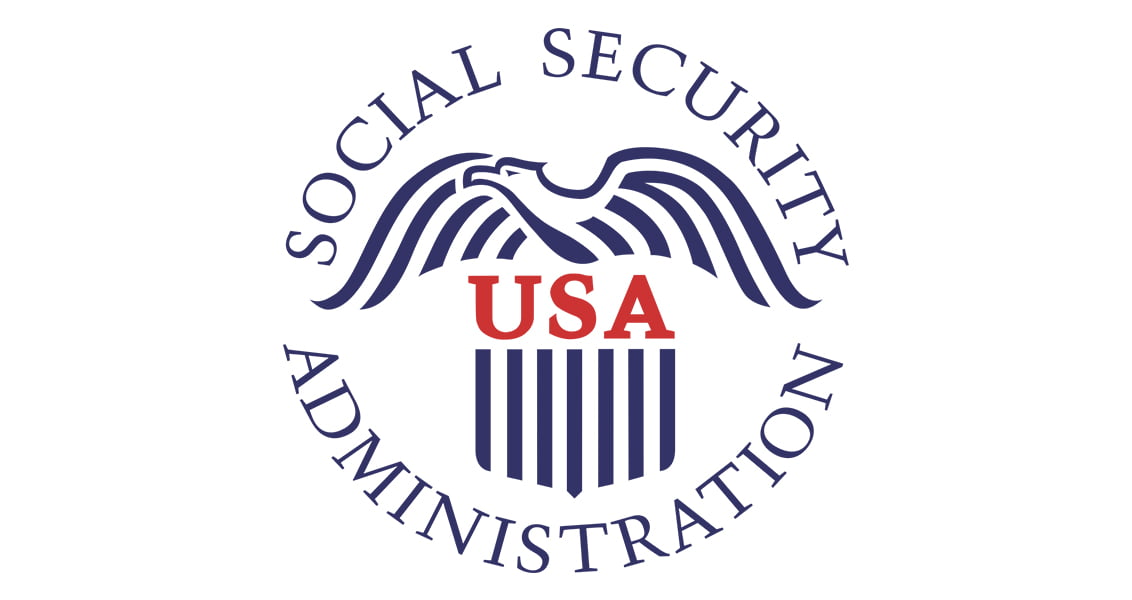
Exploring ABLE Program Participation and Accessibility: A Multi-Methodological Approach
Stephen McGarity and Zibei Chen, University of Tennessee
Saving money is difficult for individuals who receive Supplemental Security Income (SSI) due to the stringent asset limits imposed by the program. SSI recipients are limited to $2,000 in resources, and any excess assets may result in a reduction or loss of benefits. In order to address this issue and aid individuals with disabilities in their efforts to save and pay for qualified disability-related expenses without jeopardizing their access to public assistance programs, Congress passed the ABLE Act of 2014, thereby creating ABLE accounts. Despite the widespread use of these accounts, empirical research on the topic is limited, preventing researchers and policymakers from gaining a full understanding of who is using ABLE accounts and the obstacles that account-eligible individuals face.
The purpose of this study is to explore the barriers that SSI recipients face when attempting to access, open, and maintain ABLE accounts. Specifically, the study will seek to explore the technological barriers and lived experiences of SSI recipients who are current ABLE account holders and ABLE-eligible individuals, with a particular focus on underrepresented populations within the disability community. To do this, we will employ qualitative approaches to: (a) conduct a content analysis of the accessibility of ABLE account websites and program documents; and (b) conduct focus groups exploring the experiences of individuals who have opened or considered opening an ABLE account. The results of this study will contribute to public policy discussions and help inform the design of strategies designed to enhance access to ABLE accounts for individuals with disabilities.




